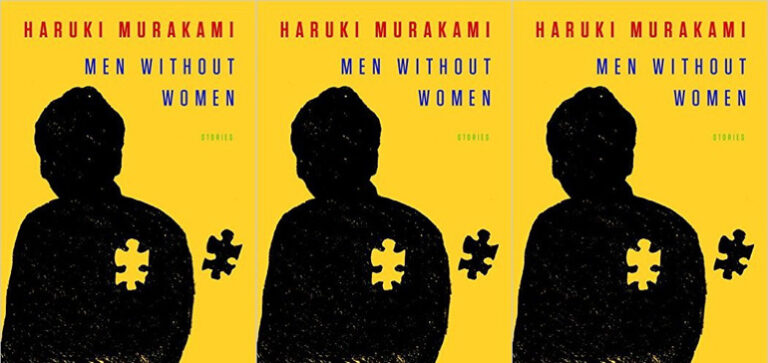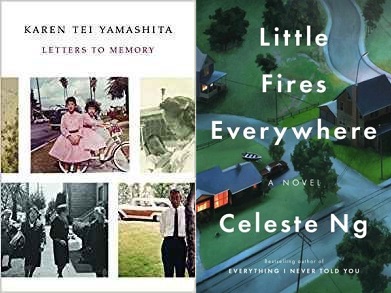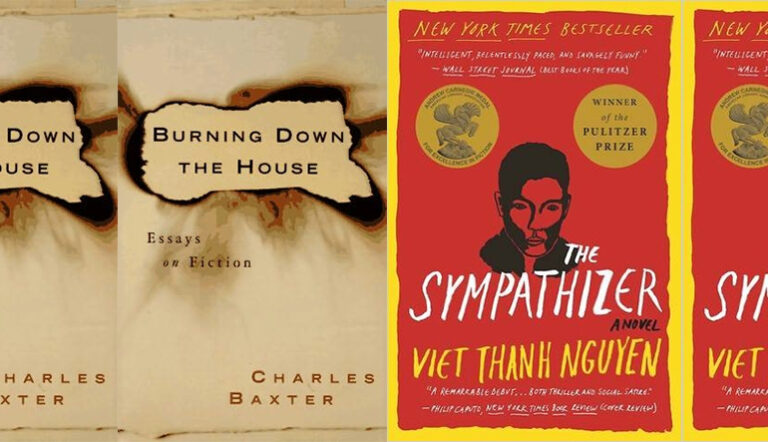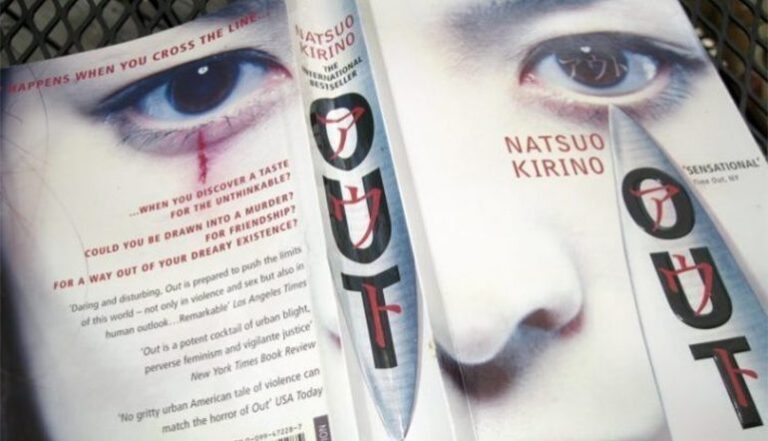(My) 10 Rules For APIA/Hapa Fiction: A Brief Ars Prosae Asianae
Like the Bechdel Test, these ten rules should be treated as the first critical lens that APIA readers (can) use to call out and contest orientalism in publishing while also serving as a mandatory metric by which all readers (can) hold APIA writing accountable as well as the presses that publish those works by and about us.






